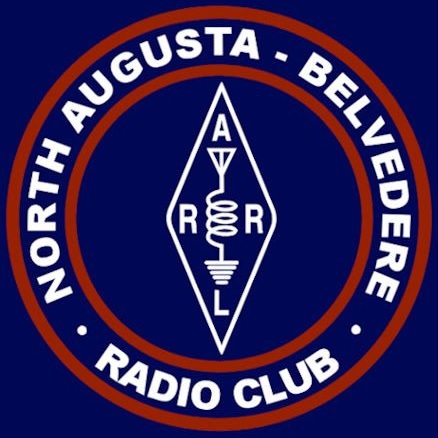Your License
Amateur Radio is regulated by the Federal Communications Commission (FCC) under the Communications Act of 1934. It is also subject to numerous international agreements. All Amateur Radio operators must be licensed. In the U.S., there are three license classes. The higher the class of license, the more frequencies are available. Earning each higher class license requires passing a more difficult examination. Although regulated by the FCC, license exams are given by volunteer groups of Amateur Radio operators. Operating under organizations called Volunteer Examiner Coordinators, volunteers administer and grade tests and report results to the FCC, which then issues the license. U.S. licenses are good for 10 years before renewal, and anyone may hold one except a representative of a foreign government.
Morse code proficiency is no longer required for any level of ham license.
Questions for each examination are selected at random from a larger pool. Each question pool contains at least10 times the number of questions required for a single examination. The question pools are normally valid for 4 years.
Amateur radio licenses are valid for 10 years. The FCC is charging (effective April 19, 2022) a license fee of $35 for initial application, vanity callsigns and renewals. Administrative updates, such as a change of name, mailing or email address, and modification applications to upgrade an amateur radio licensee’s operator class or to request a sequentially issued call sign, are exempt from fees.
The Technician License
The Technician class license is the entry-level license of choice for most new ham radio operators. To earn the Technician license requires passing one examination totaling 35 questions on radio theory, regulations and operating practices. The Technician class question pool contains three (3) schematic diagrams.
Valid from July 1, 2022 until June 30, 2026. The license gives access to all Amateur Radio frequencies above 30 megahertz, allowing these licensees the ability to communicate locally and most often within North America. It also allows for some limited privileges on the HF (also called “short wave”) bands used for international communications.
The General License
The General class license grants some operating privileges on all Amateur Radio bands and all operating modes. This license opens the door to world-wide communications. Earning the General class license requires passing a 35 question examination (you have to get 26 right to pass) . The General class question pool contains one (1) schematic diagram. Valid from July 1, 2023 until June 30, 2027. General class licensees must also have passed the Technician written examination.
The Amateur Extra License
The Amateur Extra class license conveys all available U.S. Amateur Radio operating privileges on all bands and all modes. Earning the license is more difficult; it requires passing a thorough 50 question examination, 37 of which you must answer correctly to pass . The Extra class question pool contains 10 schematic diagrams. Valid from July 1, 2020 until June 30, 2024. Extra class licensees must also have passed all previous license class written examinations.
Two grandfathered license classes remain Grandfather classes maybe renewed but are no longer issued:
- Novice: The Novice license was introduced in 1951 with a simple 20-question test and 5-words-per-minute code exam. A ham with a General class (or higher) license administered the exam. Originally, the license was good for a single year, at which point the Novice upgraded or had to get off the air. These days, the Novice license, like other licenses, has a ten-year term and is renewable. Novices are restricted to segments of the 3.5, 7, 21, 28, 222, and 1296 MHz amateur bands.
- Advanced: Advanced class licensees passed a written exam midway in difficulty between those for the General and Amateur Extra classes. They received frequency privileges between those of General and Amateur Extra licensees.
